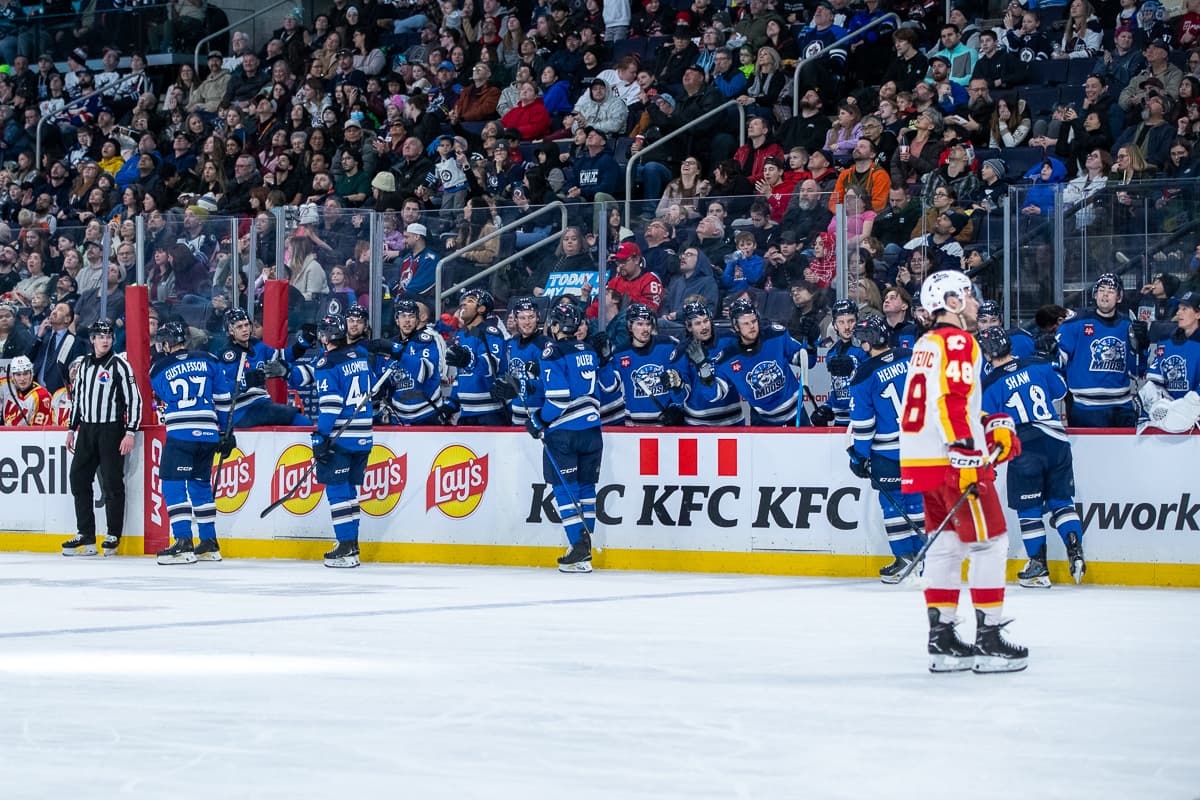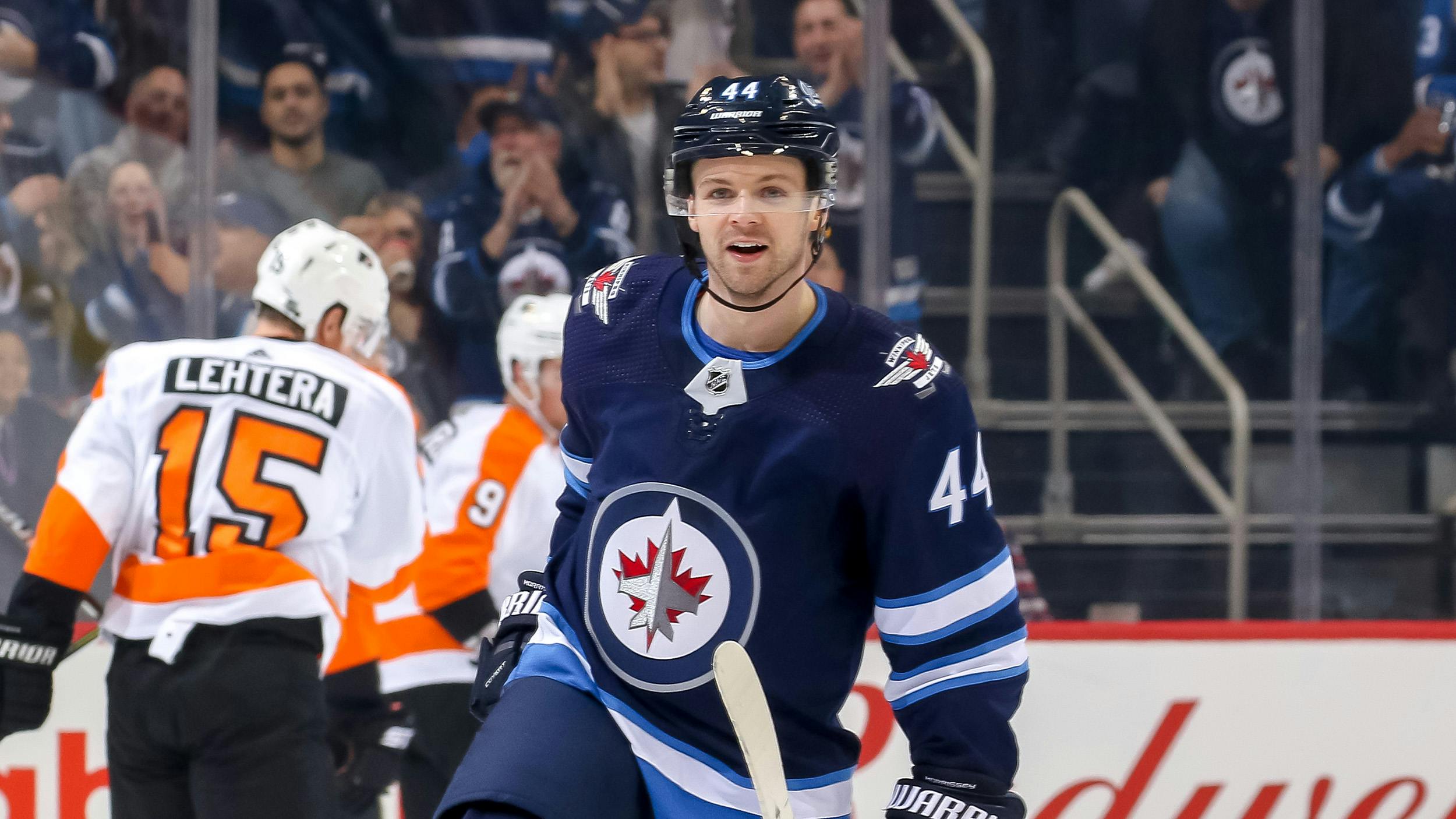Learning how to skate is just as much about mental toughness and off-ice growth as it is about finding success in hockey and figure skating.
Of course, the team of on-ice instructors at the RINK’s Learn to Skate program preach safety, confidence and community in their pursuit of individualized, high-performance skill training.
Led by fourth-year figure skating program co-ordinator Brooklyn Parker and director of programming and on-ice development Jon Cara, clients enrolled in the RINK’s ever-growing Learn to Skate program will receive personalized training best suited to their needs as individuals looking for the life skills that come hand-in-hand with ice skating.
“It’s pretty neat because not everybody is lucky enough to get to share their passion through their work,” said Parker, a former high-performance, competitive figure skater. “My role at the RINK is to serve in charge of all the Learn to Skate programs, as well as the figure skating school here. I developed a passion for figure skating when I was growing up, and now I’m so happy to get to share that with all the people that come through our programs here.”
Parker – who recently served as a figure skating coach at the 2023 Canada Winter Games last March – can be credited for the RINK’s implementation of Skate Canada’s CanSkate program and much of its vast growth. Over 500 athletes have actively used the RINK’s Learn to Skate curriculum last year alone, with ages ranging from toddlers to adults simply looking to improve skating as a life skill.
“Some of the kids I teach may never play hockey or any kind of ice sports at all,” Parker shared. “But our Learn to Skate 1 and 2 programs give them the opportunity to learn the basics of skating, setting them up for anything that they might want to do on skates.”
So, what exactly is it that makes the RINK’s Learn to Skate program so much more desirable than that of other offerings throughout Manitoba? According to Parker, it’s the coach-to-student ratio and the individualized training experience. A figure skater by trade, Parker is hoping to develop a RINK high-performance figure skating academy, much like that of the RHA hockey program.
“The big dream is to make this a one-stop-shop type of facility, where they go to school, they have their ice times, they get bussed to and from school, and everything is here under one roof,” she expanded. “Off-ice training can be here; their dance training is here, and they would have access to all of our therapy and clinic resources upstairs as well. I already have a group of skaters who are highly committed and would want to be a part of this in the future.”
For Cara, who has been with the RINK for 15 years, also knows that every client who shows up for skating lessons comes into it with different life experiences. It is his job to ensure that each participant gets what they need to find success going forward.
“We want to have a progressive model for our players to learn how to skate, and that doesn’t change if they are two years old pulling on their skates for the first time, or if they’ve skated a bit before, or even a teenager or adult coming to try it out,” Cara said. “We want to create that foundation for them where skating becomes a life skill. And for us as a business, Learn to Skate has set the foundation for our development model. Whether you become a figure skater, a goaltender or a hockey/ringette player, we want to ensure it feeds into all of our streams.”
Even with his 25-some-odd years of experience in hockey development, Cara is still learning new strategies which are implemented into RINK programming.
“Having an open mind and always learning, constantly learning from each other is what separates us and that unique approach to each individual athlete,” he said. “Brooklyn has been instrumental in growing our Learn to Skate program to being one the biggest in the province. She has taken our Learn to Skate plans and evolved them with her experience to provide that exclusive feel for a completely personalized approach.”
According to Cara, the biggest misconception is that professional figure skaters can only be taught and trained in niche markets. Although the RINK figure skating academy is still in the R&D pipeline, the groundwork is in place to ensure those learning at the RINK glide away with the best coaching available.
“I think people just don't expect to get it here,” Cara laughed. “The culture has become this desire to go to a large city centre to get the resources. And that's what Brooklyn is providing here. That started with our Learn to Skate, but also follows the foundation of our academy teams, where you don't have to leave Manitoba to find these resources. They're here, and you can keep your athletes at home longer and build them within our facility.”












Comments